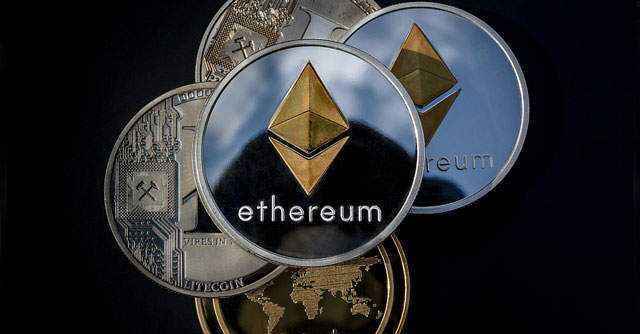
CoinDCX to allow ETH 2.0 staking from 0.1 Ethereum


Neblio Technologies-run cryptocurrency exchange CoinDCX, which recently introduced a staking option for Ethereum (ETH) 2.0, said on Wednesday that it would allow users to pool funds and create validators, enabling them to participate in the network with funds as low as 0.1 ETH.
ETH 2.0, which is said to be faster and cheaper than Bitcoins, on Tuesday entered Phase 0 of its development.
CoinDCX’s smart contract-based solution will allow users, who do not have the minimum requirement 32 ETH, to also participate in the ETH 2.0 staking, a statement said. The exchange, it said, would bear the overlying hardware and infrastructure maintenance cost.

“We have devised a smart contract-driven solution to pool to stake ETH in the deposit contract of ETH 2.0. The contract will allow users to stake ETH as low as 0.1 ETH to 1000 ETH in a single transaction via the staking option available on CoinDCX. Multiple validator management, hardware cost, uptime and infrastructure-related challenges will be managed by CoinDCX,” the Mumbai-based startup said in a statement.
Ethereum launched the upgraded version of its crypto asset ETH 2.0 on Tuesday. The cryptocurrency currently has a market capitalization of $70 billion. According to digital currency news site Coindesk, Ether hit a 24-hour high valuation of $636 (Rs 46, 752) on Tuesday, a significant surge from its low of $118 (Rs 8,674) earlier this year.
On the same day, the most valued cryptocurrency Bitcoin touched an all-time high of $20,000. The ever-increasing valuations of cryptocurrencies are fuelled by institutional acceptability and improving global digital environment.

“Ethereum 2.0 is by far one of the biggest tech changes the crypto industry is going to witness. Besides having achieved almost absolute dominance in the cryptocurrency market just after Bitcoin, ETH has huge potential to offer innovative blockchain solutions in the real world, owing to its strong fundamentals,” Neeraj Khandelwal, co-founder of CoinDCX, said in a statement.
“Staking directly on the Ethereum blockchain requires a thorough understanding of technical knowledge and other challenges, such as minimum requirements for 32 ETH, lack of liquidity of the staked ETH and attracting heavy penalties due to inactivity,” he said.
